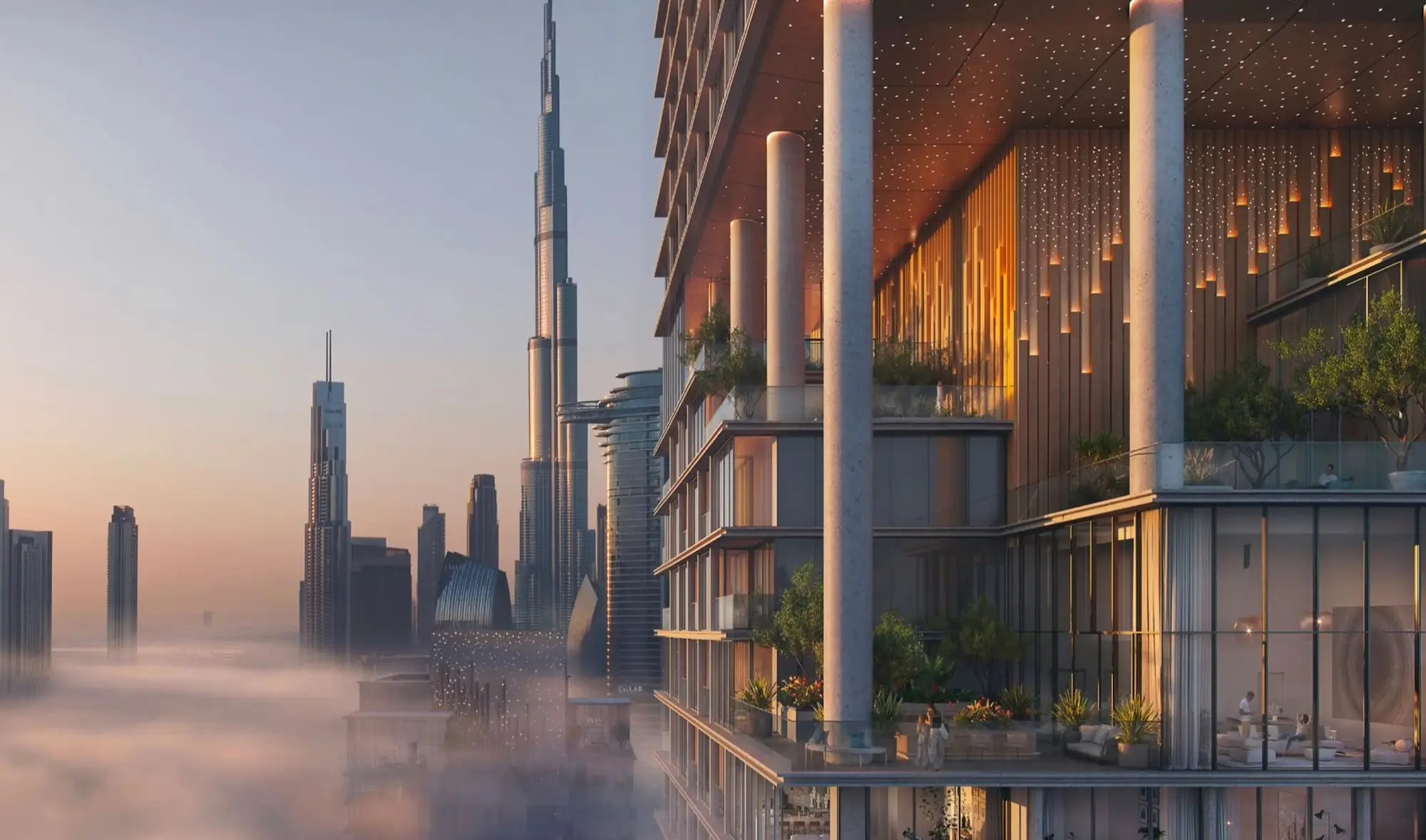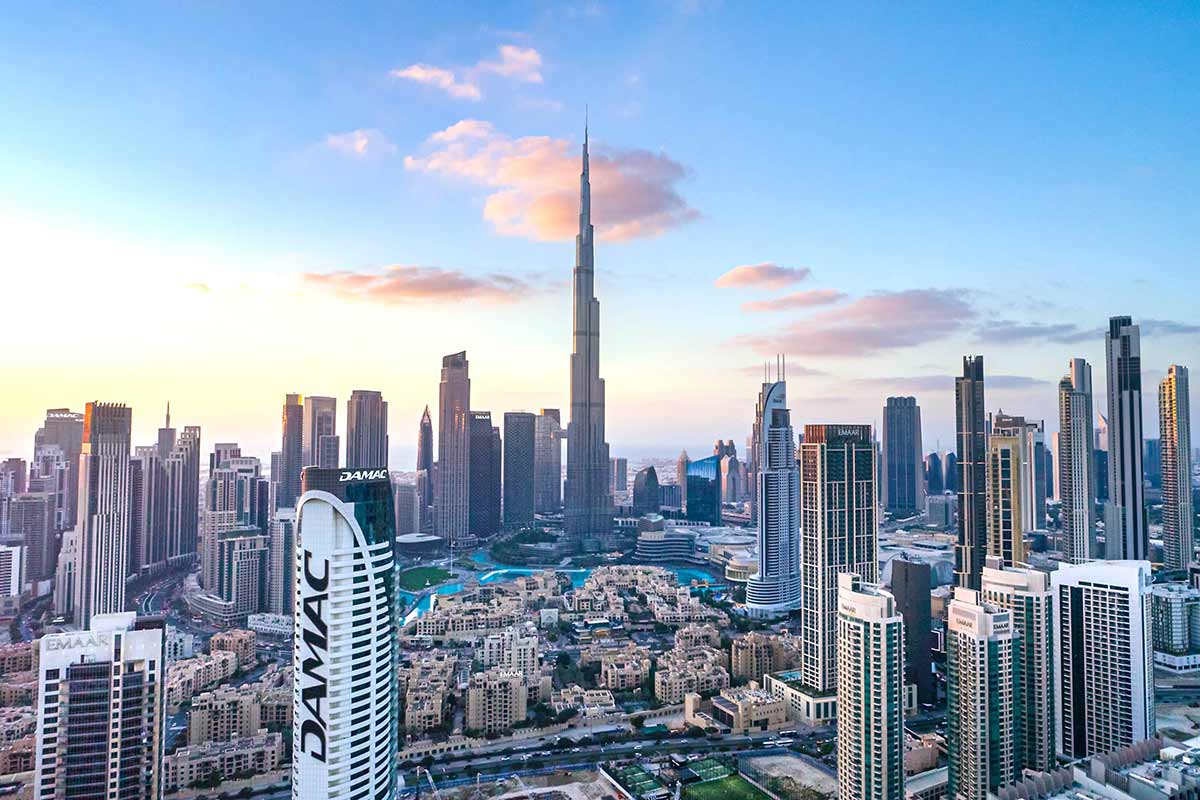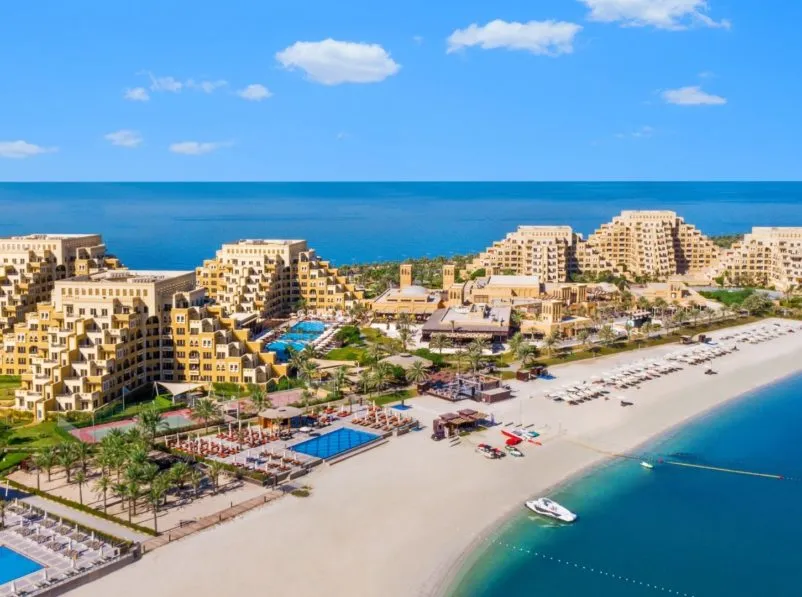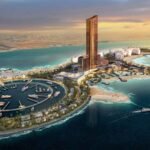Now Reading: Luxury Real Estate in Dubai That Will Double in Value by 2030
-
01
Luxury Real Estate in Dubai That Will Double in Value by 2030
Luxury Real Estate in Dubai That Will Double in Value by 2030

Luxury real estate in Dubai has become one of the world’s most attractive investment opportunities. With its iconic skyline, tax-free environment, and continuous urban development, Dubai consistently attracts wealthy investors, expats, and international buyers. The city’s unique combination of luxury, lifestyle, and investment potential has made high-end property one of the most sought-after assets globally.
With 2030 just around the corner, experts predict that certain segments of Dubai’s luxury real estate market could double in value. But what drives this growth, which areas are most promising, and how can buyers ensure they make the right investment decisions? In this article, we explore everything you need to know about investing in Dubai’s luxury property market for maximum long-term returns.
1. Why Dubai’s Luxury Real Estate Market Is Booming
Dubai’s property market is unlike any other. Several factors contribute to its rapid growth and high-value potential:
- Global Appeal: Dubai attracts investors from Europe, Asia, and the Middle East due to its safe business environment, modern infrastructure, and luxury lifestyle.
- Expo Legacy and Mega Projects: The Expo 2020 legacy projects, along with other mega-developments like Dubai Creek Harbour and Dubai Hills Estate, continue to boost property demand.
- Tax-Free Advantages: Dubai offers zero property taxes and no capital gains tax, making luxury investments even more attractive.
- High-End Amenities: Gated communities, private beaches, marinas, and world-class facilities enhance the appeal of luxury homes, increasing both desirability and resale value.
Experts forecast that well-located luxury properties in Dubai will see strong appreciation, with some estimates suggesting up to 100% growth by 2030.
2. Areas Where Luxury Real Estate Is Set to Soar
Certain neighborhoods and developments in Dubai show the highest potential for value growth:
- Dubai Marina: Known for its stunning waterfront views and lifestyle amenities, Dubai Marina is consistently in demand among high-net-worth individuals.
- Palm Jumeirah: The iconic man-made island continues to attract luxury buyers seeking villas and apartments with private beaches and panoramic sea views.
- Downtown Dubai: Home to Burj Khalifa and Dubai Opera, this area remains a symbol of prestige and high investment returns.
- Dubai Hills Estate: A newer development combining luxury villas, golf courses, and community living, it’s attracting families and investors alike.
- Business Bay: Transformation of commercial towers into high-end residences has increased property values and long-term potential.
Pro Tip: Location is critical. Investing in well-established, high-demand areas ensures liquidity and higher appreciation.
3. Types of Luxury Properties With High Growth Potential
Not all luxury properties are equal in value growth. Some types of real estate in Dubai are better positioned to double in value by 2030:
- Waterfront Villas and Penthouses: These offer exclusivity and premium returns, often outpacing standard apartments.
- Branded Residences: Properties developed by globally recognized luxury brands often appreciate faster due to brand reputation and superior design.
- Off-Plan Developments: Carefully selected off-plan properties in prime locations can offer significant appreciation if the project is delivered on time and meets quality standards.
- Integrated Communities: Luxury homes in mixed-use communities with schools, malls, and leisure amenities attract long-term residents and investors.
Pro Tip: Consider properties with unique features like private pools, sea views, or access to golf courses—they often appreciate faster.
4. Factors Driving Property Appreciation
Several factors influence the doubling of property values in Dubai’s luxury segment:
- Government Initiatives: Visa reforms, freehold ownership, and smart city projects encourage foreign investment.
- Infrastructure Developments: New metro lines, roads, and commercial hubs increase accessibility and attract premium buyers.
- Tourism and Expat Growth: Dubai continues to attract high-income tourists and residents, sustaining property demand.
- Limited Supply of Prime Properties: Exclusive waterfront villas, penthouses, and branded apartments are limited, making them highly desirable.
Pro Tip: Track Dubai Land Department reports and market trends to identify areas with rising demand.
5. Risks to Consider Before Investing
While the potential for doubling your investment is high, buyers must consider certain risks:
- Market Cycles: Dubai’s property market is cyclical; prices can fluctuate based on global economic conditions.
- Developer Reliability: Not all developers deliver projects on time or maintain promised quality standards.
- High Purchase Costs: Luxury properties come with higher service charges, maintenance, and registration fees.
- Rental Yields: Some high-end properties may have lower rental income compared to mid-market segments, affecting short-term returns.
Pro Tip: Conduct thorough due diligence, work with reputable agents, and consult financial advisors to mitigate risks.
6. Investment Strategies for 2030 Growth

To maximize returns in Dubai’s luxury property market, consider these strategies:
- Buy Early in Emerging Areas: New luxury communities can offer lower entry prices and higher appreciation potential.
- Focus on Iconic Locations: Waterfronts, iconic skyline views, and proximity to landmarks maintain high value.
- Diversify Property Types: Combining penthouses, villas, and branded apartments spreads risk and improves overall portfolio growth.
- Leverage Off-Plan Payment Plans: Early investment in off-plan properties allows phased payments and potential appreciation before completion.
Pro Tip: Align your investment horizon with Dubai’s mega-development timelines, like Expo 2020 legacy projects and Dubai Creek Harbour.
7. How to Finance Luxury Real Estate in Dubai
Buying high-end property requires strategic financing:
- Mortgages: Non-residents can secure mortgages with banks offering up to 75% financing for premium properties.
- Cash Buyers: Many investors prefer cash transactions to avoid interest and expedite deals.
- Developer Payment Plans: Some developers offer post-handover or installment plans that reduce upfront capital requirements.
Pro Tip: Compare bank offers, consider currency fluctuations, and ensure financial readiness before committing to a high-value purchase.
8. Legal and Regulatory Considerations
Investing in luxury real estate in Dubai also involves legal and regulatory steps:
- Freehold vs. Leasehold: Ensure the property is freehold for full ownership rights.
- Title Deed Registration: All purchases must be registered with the Dubai Land Department.
- RERA Regulations: The Real Estate Regulatory Agency (RERA) oversees developers and ensures market transparency.
Pro Tip: Engage a licensed property lawyer and verify all developer credentials to safeguard your investment.
9. Long-Term Outlook: Why 2030 Is Key
Dubai’s luxury market is strategically poised for growth by 2030 due to:
- Continued population growth and expat inflow
- Mega-events and tourism developments boosting demand
- Increased urbanization and premium lifestyle offerings
- Global investors seeking safe, high-return assets
Pro Tip: Investors who position themselves now in premium properties in emerging and iconic areas are more likely to see their investments double by 2030.
Conclusion
Luxury real estate in Dubai presents a unique opportunity for investors seeking high returns and long-term wealth. With careful selection of location, property type, and timing, it is possible to see your investment double by 2030. Dubai’s combination of iconic developments, investor-friendly policies, and limited supply of premium properties makes it a market unlike any other.
To succeed, focus on emerging high-end communities, waterfront villas, and branded residences. Perform due diligence, plan your financing carefully, and consult industry experts. By understanding the market dynamics and positioning yourself strategically, luxury real estate in Dubai can be both a lifestyle choice and a powerful investment vehicle for the future.
Follow us on: Instagram
Read More:Private Islands UAE: Are They Worth the Investment?






















